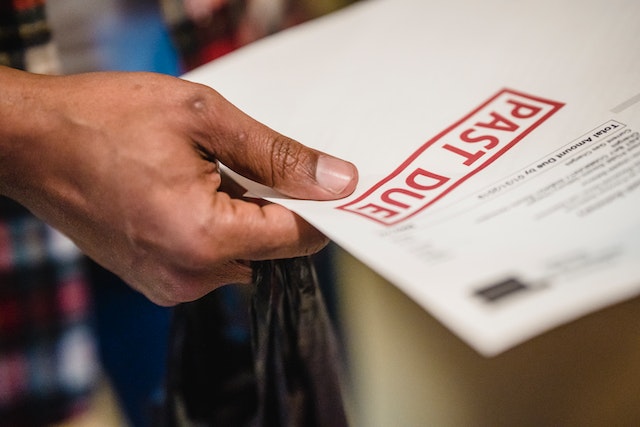If you and your spouse have decided to end your marriage, you may anticipate a lengthy discussion regarding the division of your assets. However, you may be forgetting one important consideration – what happens to joint debts during a divorce. If this reflects your circumstances and you’re unsure what to expect during this process, you’ll want to continue reading. The following blog explores what you should know about the division of assets in New York and why working with a Long Island property division lawyer is in your best interest during these difficult times.
How Does New York Divide Property During a Divorce?
Regardless of whether or not you or your spouse filed the divorce papers with the courts, it’s important to understand what you can expect from this process, particularly involving property division. Generally, the first thing you should know is what property is subject to division during the divorce process. In New York, assets are either marital, meaning they are technically owned by both spouses or separate, meaning they are owned solely by one spouse. Only marital property is subject to division during a divorce, as both spouses will retain their own separate property.
Once your assets have been accurately classified, it’s imperative to understand how these marital assets are divided. New York adheres to the equitable distribution method when dividing marital assets among a divorcing couple. Essentially, this means that assets are not automatically divided evenly but rather based on each spouse’s contributions to the marriage. The court will examine several factors when determining how to divide the assets. These elements include the following:
- How long the marriage lasted
- The age and health of each spouse
- The income and earning potential of each spouse
- The financial and domestic contributions each party made to the marriage
- The current custody arrangement
- Whether or not one spouse is accused of marital waste
- Any tax consequences incurred by either party
- The value of each spouse’s separate property
How Are Joint Debts Handled During a Divorce?
It’s imperative to understand that when your property is divided, it is not just your assets that the court will examine. Your joint debts and liabilities are also taken into consideration during this process to ensure the split of debts is fair. Typically, these will be split the same way assets are – based on equity as opposed to equality. This means that the court will examine who the primary beneficiaries of the debt are and may assign it based on who had the most benefits.
For example, if you open a credit card in your name before the divorce and you are the only authorized cardholder, the debt would remain in your name. However, if you and your spouse open a joint credit card, the court will generally determine that you are both responsible for making payments, regardless of who spent more. You may find though that the judge could assign one spouse a larger portion of the debt if they primarily benefitted or if they simply can pay more of the debt than the other spouse.
Dividing joint debts in a divorce can often be a contentious matter. As such, working with an experienced attorney to discuss your legal options is in your best interest during these difficult times. At the Law Offices of Jay D. Raxenberg, our team understands how important it is to ensure your best interests are protected during a divorce. When you need help, contact our team today.



